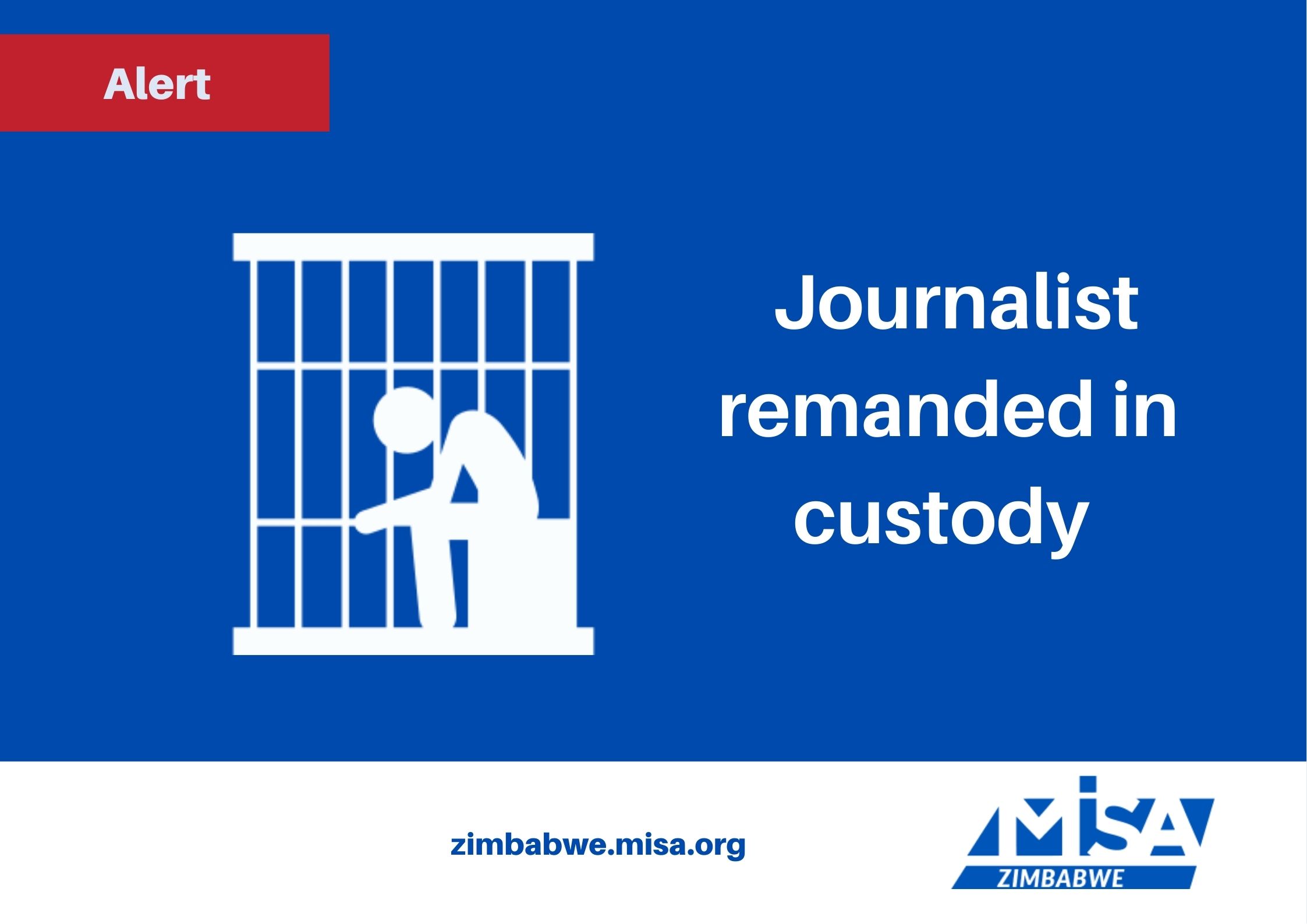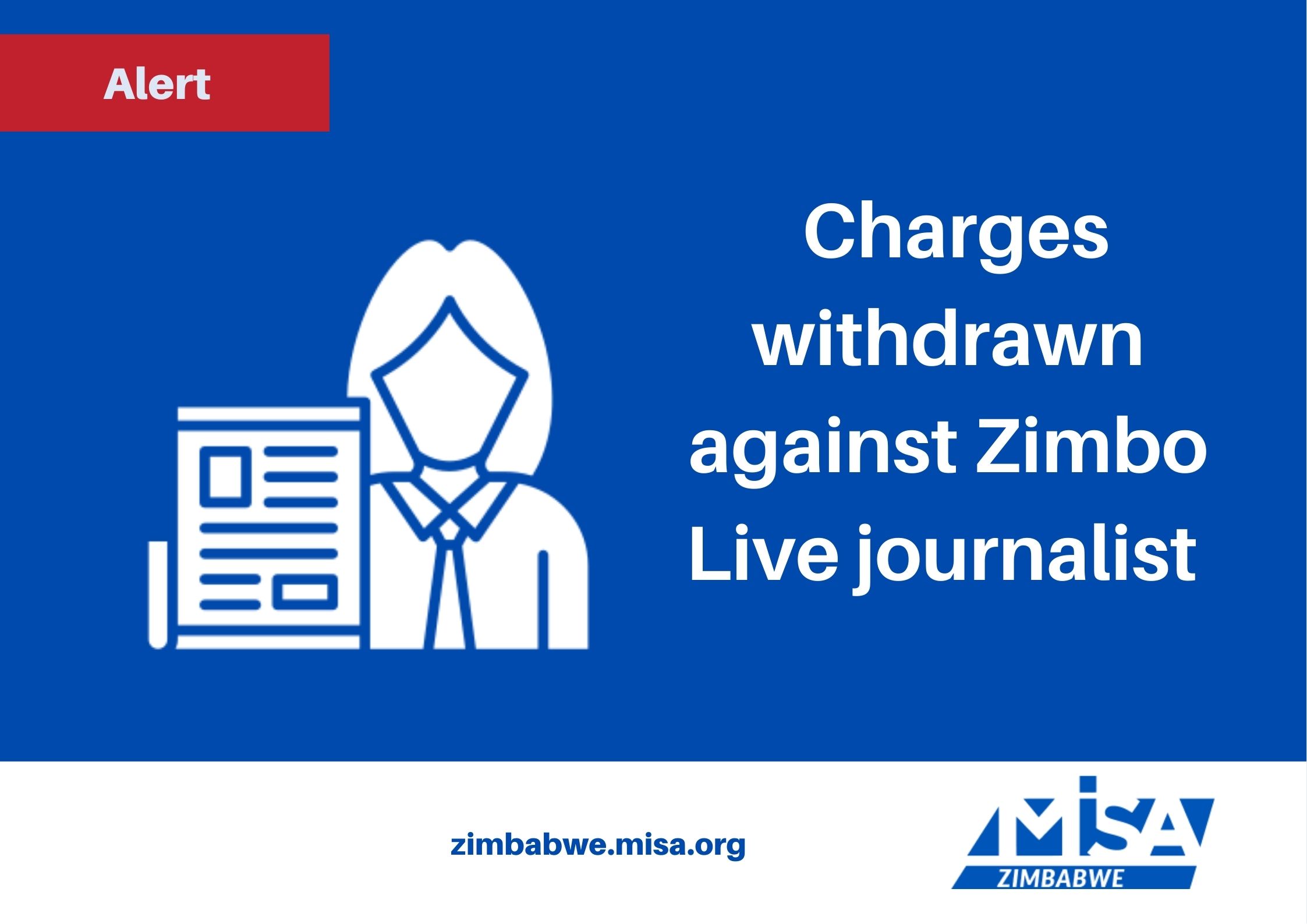Joint Statement by the Southern Africa Litigation Centre (SALC) and the Media Institute of Southern Africa (MISA).
Press freedom in Southern Africa is increasingly under threat, and one way it is undermined is through Strategic Litigation against Public Participation (SLAPP).
One such ongoing case involves The Swazi Bridge. This online publication has been served with a defamation lawsuit by Farmers Bank, following a series of articles from The Bridge exposing the “controversial” manner in which the bank obtained its licence.
The publication also revealed that the bank’s owner, John Asfar (the second plaintiff), had faced legal action against him in Canada. These articles were published in the public interest as an exercise of freedom of expression and the right to know.
Although freedom of expression is not an absolute right and can be restricted to protect another person’s reputation, exercising this right in the public interest is justified.
The litigation brought by Farmers Bank has the hallmarks of a SLAPP suit, including the requested damages, which amount to more than 50 million emalangeni (US $2,9 million). The suit endangers not only The Swazi Bridge but also the livelihoods of its employees. The legal action also targets speech concerning a matter of public interest.
The matter also features a “David v Goliath” scenario, often present in SLAPP suits. The plaintiffs have more financial resources than the defendants, who face a severe financial burden from both the legal action and the damages claimed.
But more importantly, the case could have a chilling effect on freedom of expression, especially that of the press, as it seeks to silence criticism and reporting related to the Plaintiff.
Eswatini, ranked 98th out of 180 countries in the latest World Press Freedom Index, has experienced its fair share of SLAPP-like tactics to undermine press freedom. In 2014, Bheki Makhubu and Thulani Maseko were imprisoned on contempt of court charges for articles criticising the Judiciary.
In 2024, Zweli Dlamini, the editor of Swaziland News, was sued for allegedly defaming the King. Since then, powerful entities and individuals have brought many cases before the courts, suing various media outlets for defamation.
Although SLAPPs lack a universal definition and are described differently across jurisdictions, they are mainly abusive legal actions intended to harass or intimidate individuals, organisations, or journalists.
The aim is to prevent or punish them for exercising their right to freedom of expression on matters of public interest. These lawsuits force those sued to spend time and money on legal battles.
Furthermore, they must focus on defending themselves instead of reporting on matters of public interest. This effect goes beyond those directly sued, impacting other journalists and individuals. SLAPPs are not confined to specific legal claims and can be criminal and civil.
While many countries in the region have not formally recognised SLAPPs, similar tactics such as gag orders and criminal defamation have been used to stifle freedom of expression and dissent throughout the region.
Regional instruments, such as Article 9 of the African Charter on Human and Peoples’ Rights, reflect the right to expression and access to information. The Declaration of Principles of Freedom of Expression and Access to Information in Africa also advocates for protecting this right.
Urgent legislative reform is therefore essential to safeguard fundamental rights and establish a fair environment for all. Comprehensive anti-SLAPP laws that offer quick and effective remedies for victims, prevent frivolous lawsuits, and protect the public interest are needed.
Now is the moment to strengthen our legal frameworks and foster a culture of responsibility so meaningful public discourse can flourish.
We, therefore, call on the Eswatini government to develop and support legislative reform to enact comprehensive anti-SLAPP laws and safeguard fundamental rights. Such a framework should establish guardrails for public interest journalism and deter abusive lawsuits.













